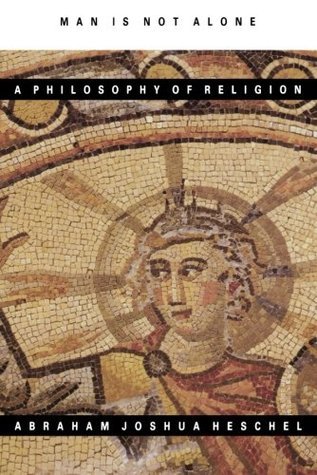What do you think?
Rate this book


320 pages, Paperback
First published January 1, 1951
The search of reason ends at the shore of the known; on the immense expanse beyond it only the sense of the ineffable can glide. It alone knows the route to that which is remote from experience and understanding. Neither of them is amphibious: reason cannot go beyond the shore, and the sense of the ineffable is out of place where we measure, where we weigh.I can't wait to read more of this book, but am going to savor it slowly.
We do not leave the shore of the known in search of adventure or suspense or because of the failure of reason to answer our questions. We sail because our mind is like a fantastic sea shell, and when applying our ears to its lips we hear a perpetual murmur from the waves beyond the shore.